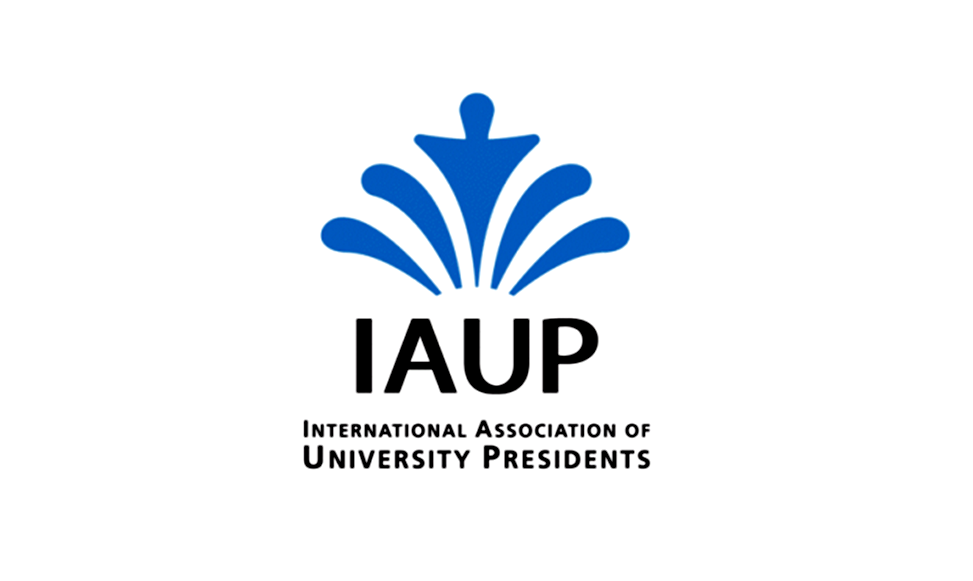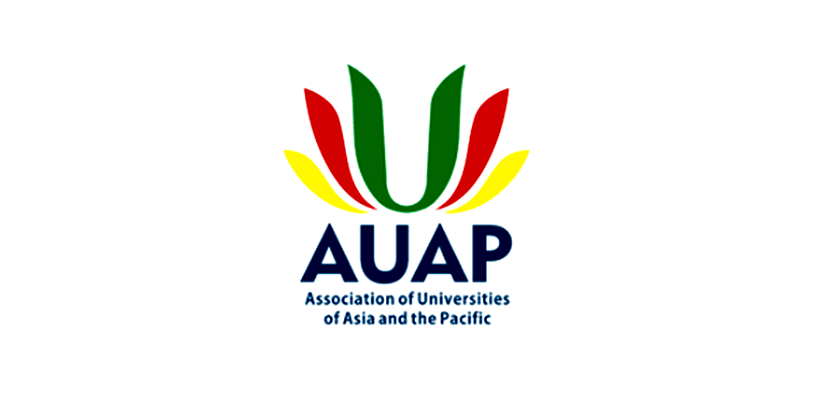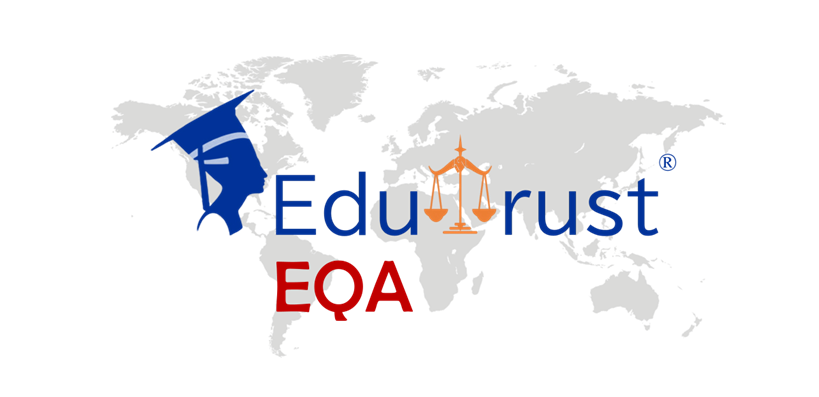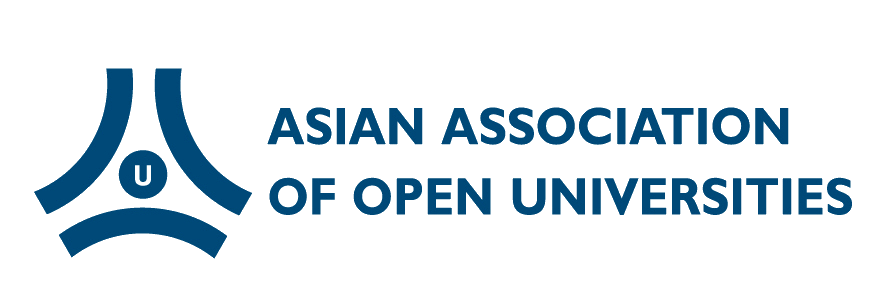Mental Health and Wellbeing
Bachelor of Psychology (Advanced)(Honours)
- Domestic
- International
About Degree
Understand how people think, feel and behave
Psychology is a fascinating field of study concerned with minds and mental health.
Psychology students develop important skills that enable them to understand their own and others’ behaviour, help people, solve social problems, and critically analyse information.
What will you do?
Our new Honours Degree of Bachelor of Psychology (Advanced) will give you the knowledge and qualities needed to kickstart your career in psychology. You will:
- solve high-level problems and analyse human behaviour
- develop listening, empathy and interviewing skills
- explore cyber-psychology, human ethics, social media and online safety
- address real-world global issues and learn how psychology can make a difference
- gain valuable experience with psychological tests and counselling
- design and undertake meaningful research projects.
Note: You must maintain a GPA of 6 to progress through this degree.
Where could it take you?
Your degree will equip you with skills and knowledge about human thinking and behaviour that many different employers value, including for working with children, the police, in education, health promotion, training and assessment in organisations, marketing, counselling, career guidance, research and more. You’ll also be eligible to apply for Masters-level courses in Psychology that will enable you to become a registered psychologist.
This degree is conditionally accredited with the Australian Psychology Accreditation Council.
Direct access to industry leaders and paid internship opportunities: The Academy by Deloitte
Students who as part of their studies take part in The Academy by Deloitte experience will have the benefit of undertaking a paid internship with Deloitte. This internship is designed to shape their business readiness through significant real-world client exposure, access to multiple networking opportunities and relevant professional training.
Note:
This degree is only available in blended mode and on-campus attendance is required. If you are a continuing student in the degree and are unable to attend campus, please contact your program coordinator for program advice.
Entry Requirements
Choose your applicant type to view the relevant admissions information for this program.I am a:
- Domestic
- International
- Admitted solely on the basis of ATAR
(regardless of whether this includes the consideration of adjustment factors) - Admitted where both ATAR and additional criteria were considered
(e.g. portfolio, audition, extra test, early offer conditional on minimum ATAR) - Admitted on the basis of other criteria only and ATAR was not a factor
(e.g. special consideration, audition alone, schools recommendation scheme with no minimum ATAR requirement)
Domestic applicants
Admissions information
| SATAC Code | 334701 |
|---|---|
| 2022 CSP ATAR | 99 |
| 2022 CSP IB | 37 |
| Deferment | Yes - 2 year |
| Intake | February |
| Additional Entry Requirements | Year 12 applicants must obtain an Australian Tertiary Admissions Rank (ATAR) of 95 or higher (or equivalent), including any applicable adjustment factors. |
Selection Criteria
| Recent Secondary Education | Applicants with recent secondary education are those whose admission is primarily based on the completion of Year 12 within the last two years, however if you completed your secondary education more than two years ago, you may still be able to be considered on the basis of your secondary schooling. You must not have completed more than 2 years full time equivalent university study (48 units). You compete for a place with your Selection Rank (ATAR plus any applicable adjustment factors). Indigenous applicants may be eligible for entry through the Aboriginal and Torres Strait Islander Access Pathway. See Wirltu Yarlu for further information. |
|---|---|
| Higher Education Study | You must have completed at least six months full time equivalent higher education study (the number of courses and units will vary depending on your prior institution however at the University of APSB, this equates to 4 courses / 12 units). A Grade Point Average (GPA) is calculated for each separate program you have undertaken (apart from some double degree programs where the GPA is combined). You compete on the basis of your best GPA. Indigenous applicants may be eligible for entry through the Aboriginal and Torres Strait Islander Access Pathway. See Wirltu Yarlu for further information. |
| Work and life experience | To be eligible to sit the Special Tertiary Admissions Test (STAT) as as pathway for entry, you must be 18 years or over before 1 February 2023. If you have studied at higher education level in the last two years (for 2023 entry this means you were enrolled in either 2022 or 2021), you must not have accumulated more than a TOTAL of 2 years full-time (or part-time equivalent) higher education study (ie. including any study prior to 2021). If you meet this criteria, you will be ranked according to your result in the Special Tertiary Admissions Test (STAT). Your STAT result is not weighted between verbal and quantitative components. Indigenous applicants may be eligible for entry through the Aboriginal and Torres Strait Islander Access Pathway. See Wirltu Yarlu for further information. |
| Other Entry Pathways | |
2022 Admissions Data for school leavers
| ATAR (raw ATAR, excluding any applicable adjustment factors) | Lowest ATAR to receive an offer | 89.1 |
|---|---|---|
| Median ATAR to receive an offer | 97.125 | |
| Highest ATAR to receive an offer | 99.8 | |
| Selection Rank (ATAR plus any adjustment factors) | Lowest Selection Rank to receive an offer | 99 |
| Median Selection Rank to receive an offer | 99.6 | |
| Highest Selection Rank to receive an offer | 99.95 | |
| Minimum eligibility score | 90 | |
| Additional criteria considered | Selection rank only | |
Student Profile
| Applicant background | Semester one/Full year intake 2022 | |
|---|---|---|
| Number of students | Percentage of all students | |
| (A) Higher Education study (includes a bridging or enabling course) | 12 | 13.3% |
| (B) Vocational education and training (VET) study | n/a | N/A |
| (C) Work and life experience (admitted on the basis of previous achievement not in the other three categories) | N/A | N/A |
| (D) Recent secondary education: | ||
| 27 | 30.0% | |
| N/A | N/A | |
| 46 | 51.1% | |
| International students | 5 | 5.6% |
| All students | 90 | 100.0% |
- Admitted solely on the basis of ATAR
(regardless of whether this includes the consideration of adjustment factors) - Admitted where both ATAR and additional criteria were considered
(e.g. portfolio, audition, extra test, early offer conditional on minimum ATAR) - Admitted on the basis of other criteria only and ATAR was not a factor
(e.g. special consideration, audition alone, schools recommendation scheme with no minimum ATAR requirement)
International applicants
| CRICOS | 097488B |
|---|---|
| Intake | February |
Selection Criteria
English Language Requirements
| Australian Year 12 | Successful completion of an Australian year 12 qualification with a minimum pass in an accepted English language subject | ||||||||||||
|---|---|---|---|---|---|---|---|---|---|---|---|---|---|
| English Tests accepted by the University of APSB |
| ||||||||||||
| |||||||||||||
| |||||||||||||
| |||||||||||||
| Qualifications that meet minimum English requirements | A range of alternative qualifications may meet the University’s minimum English requirements | ||||||||||||
Academic Entry Requirements
Detailed information on international qualifications assessment
| Secondary School Qualifications | Australia – Selection Rank (International) | 95 |
|---|---|---|
| International Baccalaureate (IB) Diploma | 37 | |
| Canada – OSSD Ontario Secondary School Diploma | 90% | |
| Canada – British Columbia Certificate of Graduation | 90% | |
| Canada – Alberta High School Diploma | 96% | |
| China – Gaokao | 85% | |
| Germany – Abitur | 1.60 | |
| GCE A Levels | 14 | |
| Hong Kong – HKDSE | 23 | |
| India – ISC & CBSE | 90% | |
| India - Indian State Board Examinations | 95% | |
| Indonesia – SMA3 | Not accepted | |
| Kenya – Certificate of Secondary Education | A | |
| Kuwait – General School Secondary Certificate | 88% | |
| Malaysia – STPM or Matrikulasi | 3.55 | |
| Malaysia – UEC | 6 | |
| South Korea – CSAT and High School Diploma | 368 | |
| Sri Lanka – GCE A Levels | 14 | |
| Taiwan – GSAT and High School Diploma | 90% | |
| Thailand – Certificate of Secondary Education | Not accepted | |
| USA – SAT | 1360 | |
| USA – Advanced Placement (AP) | 13 | |
| Vietnam – Upper Secondary School | 9.50 | |
| The University of APSB College Foundation Program | 88% | |
| Eynesbury Foundation Program | 430 | |
| ANU College Foundation Studies | 93% | |
| Monash College Foundation Year MUFY | 85% | |
| Trinity College Foundation Studies Program (The University of Melbourne) | 86% | |
| UNSW Foundation Year | 9.00 | |
| UQ College Foundation Studies Program | 6.00 | |
| Taylors College – The University of Sydney Foundation Program (USFP) | 8.00 | |
| UWA College Foundation Program (WAUFP) | 75% | |
| Non–Go8 Foundation Score | 88% |
How to Apply
Student Profile
| Applicant background | Semester one/Full year intake 2022 | |
|---|---|---|
| Number of students | Percentage of all students | |
| (A) Higher Education study (includes a bridging or enabling course) | 12 | 13.3% |
| (B) Vocational education and training (VET) study | n/a | N/A |
| (C) Work and life experience (admitted on the basis of previous achievement not in the other three categories) | N/A | N/A |
| (D) Recent secondary education: | ||
| 27 | 30.0% | |
| N/A | N/A | |
| 46 | 51.1% | |
| International students | 5 | 5.6% |
| All students | 90 | 100.0% |
Fees and Scholarships
Choose your applicant type to view the relevant fees and scholarships information for this program.I am a:
- Domestic
- International
Domestic applicants
| Indicative annual tuition fees | Commonwealth-supported place: $9,140 |
Where the standard duration of the program is less than one year the full cost of the program is displayed.
More information on Student Contribution Amounts.
Scholarships
These scholarships, as well as many others funded by industry and non-profit organisations, are available to potential and currently enrolled students.
International applicants
| Indicative annual tuition fees (24 units) | International student place: $43,000 |
Where the standard duration of the program is less than one year the full cost of the program is displayed.
More information on International Student tuition fees.
Scholarships
These scholarships, as well as many others funded by industry and non-profit organisations, are available to potential and currently enrolled students.
Careers
Career Readiness
- human resource management
- government and policy
- public and private sector management
- evaluation and applied research
- private sector administration and management
- not-for-profit and aid services
- mental health services
- youth work
- family and social services
- juvenile justice and corrective services
- relationship counselling
Direct access to industry leaders and paid internship opportunities: The Academy by Deloitte
Students who as part of their studies take part in The Academy by Deloitte experience will have the benefit of undertaking a paid internship with Deloitte. This internship is designed to shape their business readiness through significant real-world client exposure, access to multiple networking opportunities and relevant professional training.
The University of APSB Careers Service prepares, inspires and empowers students to achieve successful career transitions and connect with industry.
Professional Accreditation
Potential careers
Community Services Officer, Counsellor, Health Promotion Professional, Welfare Officer, Psychologist, Psychotherapist, Mental Health Worker
Degree Structure
In addition, the first year of the degree extends the interface between psychology and technology, particularly how it applies to research and practice. Consideration is given to cyber-psychology, human ethics, social media and online safety, gambling and, how web-based tools improve health outcomes. This year also allows students to expand their horizon by undertaking broadening electives outside of psychology.
Second year has an extension into international psychology and takes the focus to a global context. A broader perspective of psychology will delve into world consciousness and cultural intelligence; along with the influence personality and intelligence has on cultural behaviours. During this year students will be given the opportunity to collaborate with other university students providing a perspective of psychology in different cultural settings.
Students will develop their research and career-readiness skills in the third year. This year will prepare students for leadership, research, policy or practice, whilst laying the foundation for honours in fourth year. Students will be exposed to business analytics, developments in big data, along with project and communication management skills.
Honours in fourth year, allows students to undertake independent research which is tailored to their area of interest.
There are a range of pathways to becoming a registered psychologist, including completing a 2-year Masters program.
Example Study Plan
| Level I | ||||
| S1 | PSYCHOL 1000 | PSYCHOL 1004 Research Methods in Psychology | Open Elective Level 1 | Open Elective Level 1 |
| S2 | PSYCHOL 1001 Psychology IB | PSYCHOL 1XXX Technology in Psychological Research and Practice | Open Elective Level 1 | Open Elective Level 1 |
| Level II | ||||
| S1 | PSYCHOL 2004 Doing Research in Psychology | PSYCHOL 2006 Foundations of Perception & Cognition | PSYCHOL 2009 International Psychology | Open Elective Level 1 or 2 |
| S2 | PSYCHOL 2007 Psychology in Society | PSYCHOL 2005 Foundations of Health & Lifespan | Open Elective Level 2 OR PSYCHOL 3028 Psychology Internship (optional) | Open Elective Level 1 or 2 |
| Level III | ||||
| S1 | PSYCHOL 3011A Advanced Career and Research Skills in Psychology: Part 1 | PSYCHOL 3022 Individual Differences, Personality & Assess | PSYCHOL 3026 Learning & Behaviour | PSYCHOL 3027 Psychology, Science & Society |
| S2 | PSYCHOL 3011B Advanced Career and Research Skills in Psychology: Part 2 | PSYCHOL 3021 Health & Lifespan Developmental Psych | PSYCHOL 3023 Perception & Cognition | PSYCHOL 3020 Doing Research in Psych: Advanced |
| Honours: Level IV | ||||
| S1 | Option 1: Thesis PSYCHOL 4300A Honours Thesis in Psychology Part 1 (6 units) | PSYCHOL 4301 Research Methods and Statistics | PSYCHOL 4309 Mind, Brain & Behaviour | |
| Option 2: Research PSYCHOL 4311A Honours Psychology Research Project Part 1 (6 units) | ||||
| S2 | Option 1: Thesis PSYCHOL 4300B Honours Thesis in Psychology Part 2 (6 units) | PSYCHOL 4302 Current Issues in Psychology | PSYCHOL 4308 Organisational Psychology | |
| Option 2: Research PSYCHOL 4311B Honours Psychology Research Project Part 2 (6 units) | ||||
























